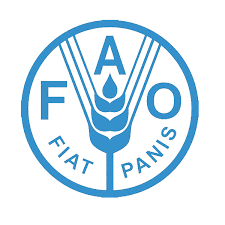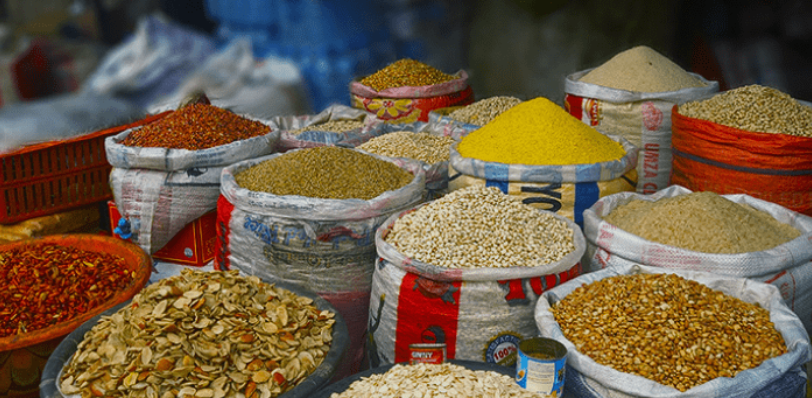Mr Koffy Kouacou, Head of Emergency and Resilience Team Food and Agriculture Organisation (FAO) Sub-regional Office, West Africa and the Sahel, has lauded Nigeria’ efforts at mainstreaming agrifood into its National Biodiversity Strategy and Action Plans (NBSAPs).
Kouacou gave the commendation at a Workshop for the Kunming-Montreal Global Biodiversity Framework Early Action Support Project held on Friday in Abuja.
Represented by Ogunkua, Nifesimi, Kouacou said that FAO was excited about Nigeria’s readiness to incorporate agrifood into its NBSAPs.
“This forward-thinking approach aligns with FAO’s mission to promote biodiversity conservation, sustainable natural resources management and ensure sustainable agricultural practices globally.
“Nigeria’s dedication to integrating agrifood into its national strategies is a commendable step toward building resilient and thriving biodiversity conservation.
“We, at FAO, stand shoulder to shoulder with Nigeria in this endeavour.
“Our commitment extends beyond mere words as we pledge our full support to the development, implementation, and evaluation of the NBSAPs.’’
The FAO team leader said that FAO recognised the importance of a holistic approach and was ready to collaborate closely with Nigeria to achieve these goals.
“To facilitate this collaborative effort, FAO has developed an impressive array of tools, frameworks, and approaches specifically designed to support the realisation of the global biodiversity targets.
“These resources serve as invaluable assets, empowering nations to navigate the complexities of sustainable development.
“We believe that by leveraging these tools, Nigeria can make significant strides in achieving its agrifood integration goals.
“In Nigeria, FAO operates within the framework of the Country Programming Framework (CPF), a comprehensive guide that directs our support to the country.’’
He said that Nigeria’s commitment to integrating agrifood into its NBSAPs was a testament to its vision for a sustainable and prosperous future.
“FAO is honoured to be a part of this journey; and that they look forward to witnessing the positive impact of the collective efforts on biodiversity conservation in Nigeria,’’ he said.
On his part, Dr Iziaq Salako, Minister of State for Environment, quoted the Inter-governmental Science Policy Platform on Biodiversity and Ecosystem Services (IPBES) as saying that the world was facing an extinction crisis, with one million species threatened with extinction, many within decades.
“I am sure you will all agree with me that such a situation is unacceptable and that urgent action must be taken.
“Biodiversity underpins life on earth, from human health and well-being to food and water security to economies and livelihoods.
“Yet biodiversity is severely threatened and declining at unprecedented levels due to increasing pollution, resource exploitation, land use change, invasive species, and climate change, among other factors,” he noted.
Mr Antony Kamau, Programme Management Officer, Biodiversity and Land Branch Ecosystems Division, UN Environment Programme (UNEP), also spoke at the event.
He said that the Global Biodiversity Framework Early Action Support (GBF-EAS) project was designed to mobilise funding and support so that countries can meet the new biodiversity targets.
“National Biodiversity Strategies and Action Plans (NBSAPs)
“Through this initiative, UNDP is working with countries to conduct a rapid review of the alignment of existing NBSAPs with the new framework to identify key areas that will need to be updated and refined in light of the new global framework and targets,’’ he said

